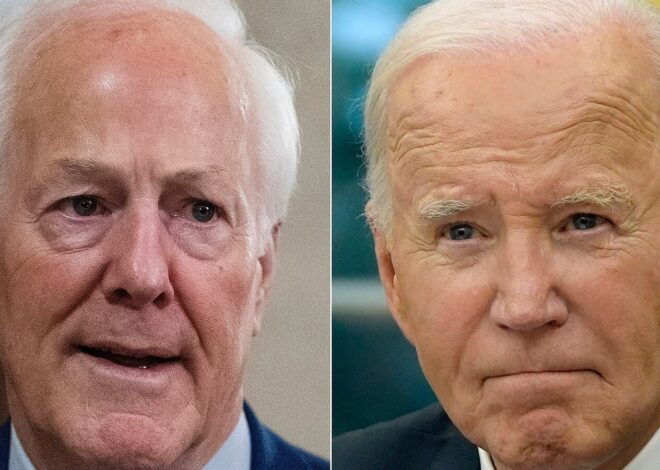
US Shuts Down Office of Palestinian Affairs, Key Communication Link to Washington
Shifting Diplomatic Tides
It’s a scene that perhaps starts on a day just like any other-a regular morning where the headlines whisper quietly. Then, in a blink, the landscape shifts, bringing news that the United States has officially closed its Office of Palestinian Affairs in Jerusalem. With this move, the Palestinians’ direct diplomatic channel to Washington is effectively gone. This closure didn’t just happen overnight, even if it feels abrupt. It’s the result of decisions that had been brewing, with Secretary of State Marco Rubio announcing earlier this month that the office would merge into the US embassy in Jerusalem. The memo, stark in its finality, advised that “the OFFICE OF PALESTINIAN AFFAIRS JERUSALEM, USOFFICE, will be closing at the end of the day on Friday, May 16, 2025.”
Maybe it seemed like just another bureaucratic reshuffling. Yet, it comes amid Israel’s expanding military operations in Gaza, with hundreds of Palestinians losing their lives in recent days. On one grim Friday, more than 100 Palestinians were killed. The death toll has now surged, with the Gaza health ministry reporting 136 lives lost to Israeli strikes in the past 24 hours alone. It’s a heavy silence, one punctuated by a conflict that’s far from resolved.
This decision will restore a unified US diplomatic mission in Israel’s capital, once again centralizing reports under the US ambassador to Israel. Tammy Bruce, a state department spokesperson, sought to reassure that this isn’t an indictment of outreach efforts toward the West Bank or Gaza, but the dissolution of the office does reflect a significant shift. Or maybe it’s just another step in a journey that began long ago. The state department hasn’t offered more clarity, leaving much unsaid.
The closure arrives at a time when confirmed talks between Hamas officials and the US administration were credited with securing the recent release of Israeli-American hostage Edan Alexander. The diplomatic landscape, fraught and fragile, is now without its dedicated mechanism for Palestinian engagement-a void filled by the broader, perhaps less specialized, operations under the US ambassador to Israel, Mike Huckabee. Huckabee has been a controversial figure, dismissing Palestinian identity with remarks that “there’s really no such thing as a Palestinian.”
This change is not an isolated incident; it feels more like the culmination of a systematic downgrading of US-Palestinian relations. A process that began during Trump’s first term with the closure of the Jerusalem consulate, and, despite expectations, hasn’t seen a revival under the Biden administration. The shadow of these diplomatic changes looms large over ongoing conflicts. “We don’t have a policy on Palestine,” shared Mike Casey, the state department’s former deputy political counselor on Gaza, with the Guardian in December. “We just do what the Israelis want us to do.”
Perhaps there’s more to this than meets the eye, or maybe it’s just another morning headline that will eventually be folded into history. It leaves a lingering question in the air, a narrative unfinished, a conversation that continues, quietly shifting the landscape beneath it all.



